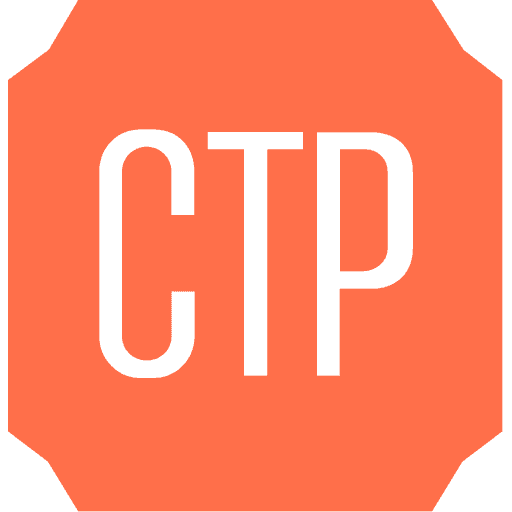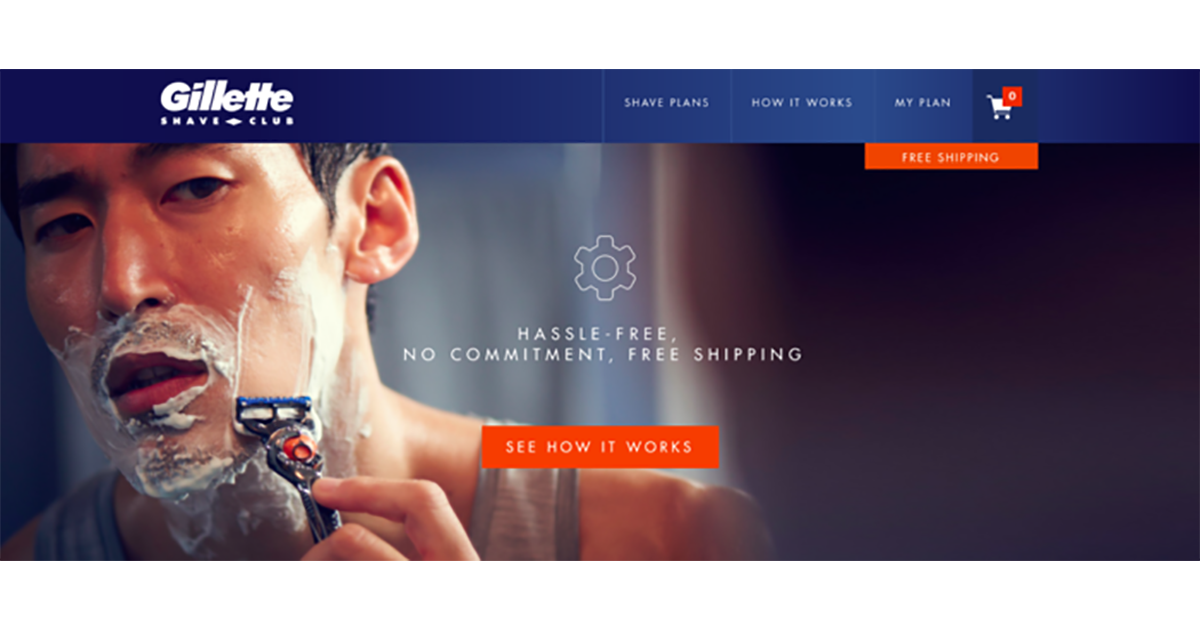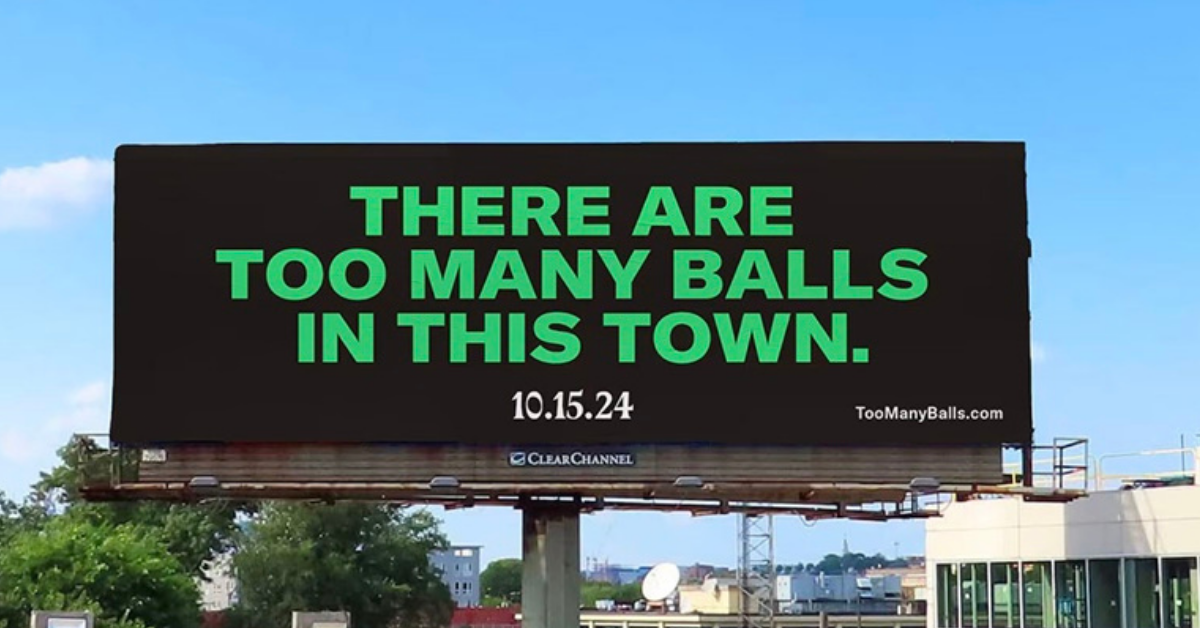During the 2002 Breeders’ Cup at Arlington Park outside Chicago, a senior programmer from Autotote, the company that processes the majority of wagering on horse racing in the U.S., accessed the system after some of the races had been run and altered betting tickets played through a cohort’s telephone account with a Catskills OTB parlor. The perps nearly took down $3.1 million in the Pick 6, a bet requiring the player to correctly predict the winner of six consecutive races. But their plot unraveled quickly when they held the only winning tickets and racing officials were suspicious of the outcome.
With $15 billion in annual betting, it was imperative that horse racing respond in a way that reassured the wagering public that its money was secure and that the system wasn’t rigged. Who should respond? Breeders’ Cup, the annual year-end championships of horse racing, whose event was the victim of the scam; Arlington Park, that year’s host venue; other race tracks; Autotote, Arlington’s contracted service provider whose employee went rogue?
Enter the National Thoroughbred Racing Association, the trade association for horse racing in the U.S. NTRA Commissioner Tim Smith quickly organized and secured funding for an industry-wide response under the red, white and blue NTRA banner that included a full review of wagering security and technology by the recently formed Giuliani Partners. This was at the time that Rudy Giuliani, already credible as a former prosecutor, was at the height of his post 9/11 popularity. The NTRA hosted a national teleconference that week where Rudy told the media and the public the scope of his company’s assignment — a preliminary investigation to see whether this was an isolated incident or a larger, systemic problem, and then, depending on the results, longer-term recommendations on fixes and best practices. The response wasn’t perfect but what local regulator was going to take on “America’s Mayor?” And it was not without risk. Had Giuliani Partners discovered a sustained pattern of chicanery, horse racing would have to live with the consequences. But the incident was isolated, Giuliani Partners issued its findings, the damage was minimized and in 2003 national wagering on horse racing was up slightly over 2002.
There have been a lot of Monday morning quarterbacks in the wake of the ongoing public, media and government scrutiny of DraftKings and Fan Duel, the heavyweights of the fast-growing Daily Fantasy Sports (DFS) world, after a DraftKings employee, Ethan Haskell, prematurely posted fantasy lineup data the same weekend he won $350,000 on rival Fan Duel. Put me among them. After all, part of the fun of sports, politics and public relations is second guessing strategy and tactics after the fact (see Chuck Pagano, fake punt).
After raising massive amounts of capital over the last two years, leading to their recent massive paid media campaigns, both DraftKings and FanDuel were seemingly prepared for the standard variety “Hey, wait a minute, is this really legal?” question. And while DraftKings’ CEO Jason Robbins has generally acquitted himself well in a couple of interviews since the storm started, it’s clear that neither company was ready for accusations of insider trading, despite acknowledging publicly that employees played on each others’ sites. Nor were they prepared for the immediacy and the intensity of the response from media and lawmakers, law enforcement and regulators who follow the Rahm Emanuel doctrine of never letting a good crisis go to waste.
Their response has been clunky and plodding, has wavered between defiant and docile, and has left the indelible impression that the foxes are guarding the henhouse. Even now, the two companies are taking different approaches. DraftKings has hired name legal experts like respected former Massachusetts Attorney General Martha Coakley to smooth the waters while Fan Duel launches an on-line petition encouraging the same people Ethan Haskell beat out of $350,000 to tell those nasty government types to “Let Us Play.”
Where is the Daily Fantasy version of the NTRA ? The Fantasy Sports Trade Association (FSTA) has been largely invisible in all this and has failed to take a leadership position in its members’ crisis. Unfortunately, it seems even less prepared than Fan Duel and DraftKings, more of an affinity club than a legitimate advocate for an industry that should have known it was eventually going to come under intense governmental scrutiny. Its insipid reaction so far has been to issue statements praising DraftKings’ commitment to transparency and, in a gesture of fan-boy futility, pulling its winter conference from Las Vegas in retribution for Nevada’s decision to demand that DFS companies get licensed as gaming entities in the state.
DraftKings, Fan Duel and other DFS companies would have been much better served with a cohesive, unified response from a strong trade association speaking not on behalf of a company whose employee may have had access to information that helped him beat the system, but by an association representing a variety of interests in the same business sector, one that could more credibly argue it was looking out for the interest of its customers and the overall good of the game.
This blog also appeared in Bulldog Reporter on Oct. 23.





